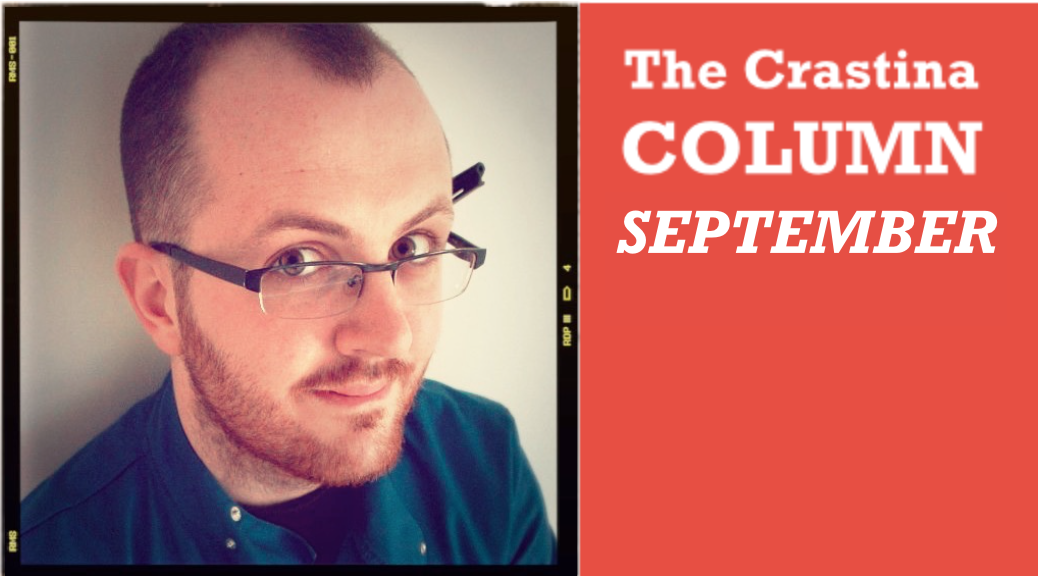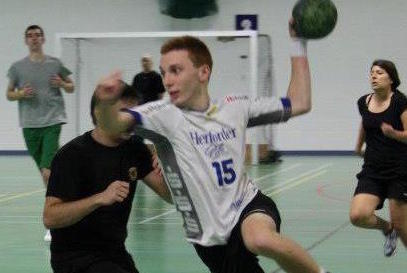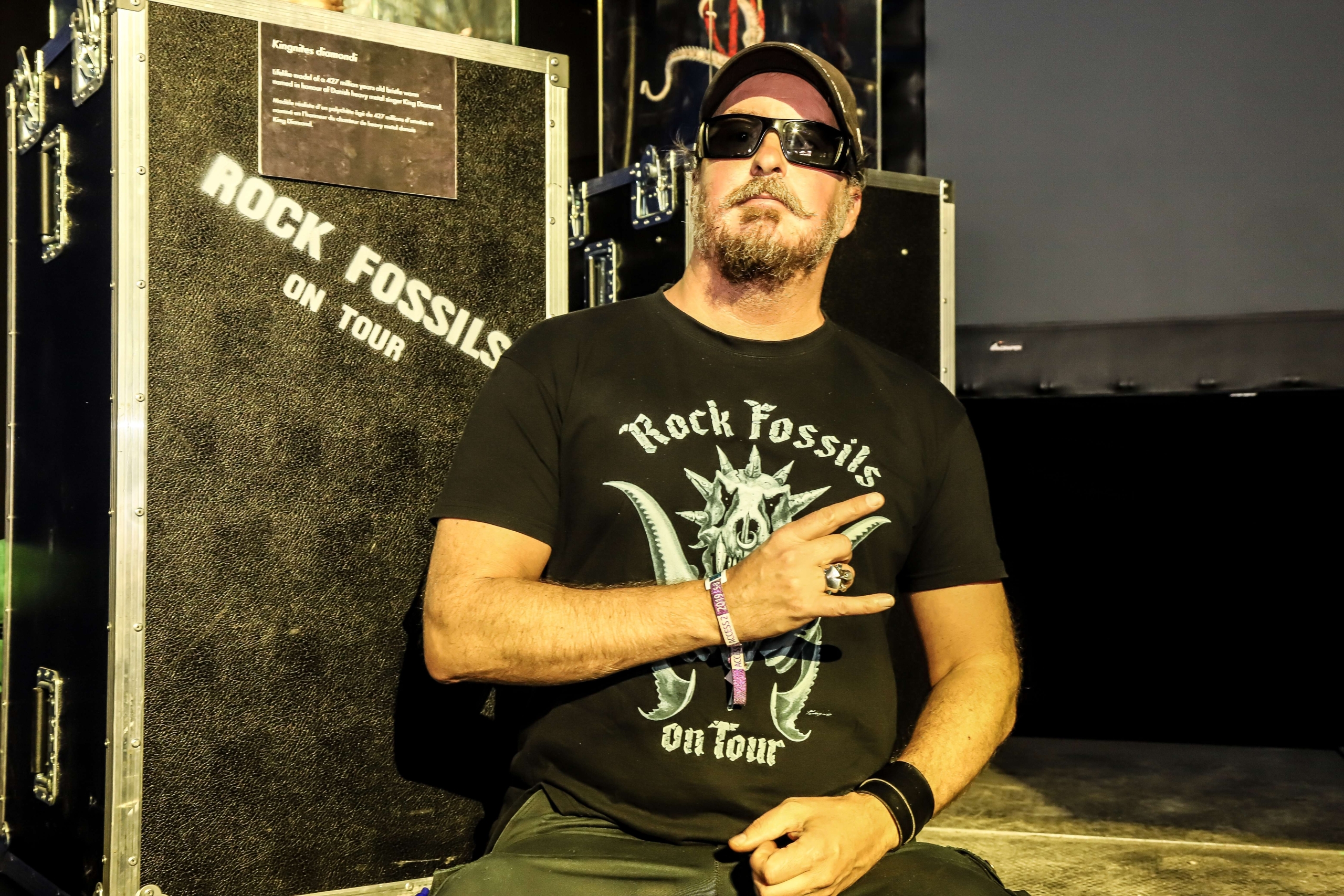Crastina is a platform for the exchange of experience, knowledge and inspiration regarding both scientific peer-to-peer communication and science dissemination
- What? An international network of (mostly young) people who love to communicate science & tech.
- Why? We think science needs to be communicated with more passion and professionalism.
- Where? On our website with interviews & resources + on social media + on Skype and IRL.
- Who? A content group (the Crew), a think tank (the Academy), + lots of friends & contacts.
- When? Right now – as a matter of fact, we’ve just geared up.

Designing better graphs, part 2: Bar charts — simple but effective
In science, engineering and health communication data are often displayed through charts. The choice of the graphic form is far from rigid. For example, to show a percentage one can use both a pie chart and a bar chart. The choice depends on…

Felix Breyer — cell signalling student, handball player & coach
Felix Breyer, who studies cell signalling in Dundee, is passionate about handball. Apart from being a top-level player he has also spent innumerable hours as leader and organiser.

Science communication is no joke. But it should be (Dean Burnett, September 2015)
Some people in the scientific community think that humour shouldn’t be involved in communicating science. Here, Dr. Dean Burnett—who is a neuroscientist, stand-up comedian and belongs to the blog team of The Guardian–explains why they are wrong.


















